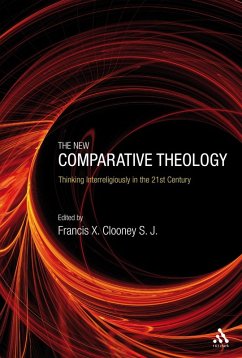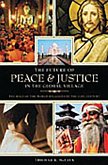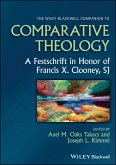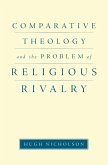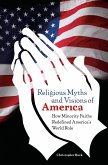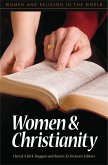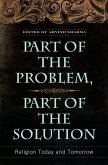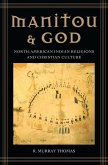This book is an extended, critical reflection on the state of interrelgious dialogue in its modern version.
While there has been some important writing in the field of comparative theology, there has been no extended, critical reflection on the state of the discipline in its modern version, its strengths and problematic areas as it grows as a serious theological and scholarly discipline. This work of young scholars in conversation with one another, remedies this lack by, as it were, taking the discipline apart and putting it back together again.
The volume seeks to understand how to learn from multiple religions in a way that is truly open to those religions on their own terms, while yet being rooted in the tradition/s that we bring to our interreligious study.
While there has been some important writing in the field of comparative theology, there has been no extended, critical reflection on the state of the discipline in its modern version, its strengths and problematic areas as it grows as a serious theological and scholarly discipline. This work of young scholars in conversation with one another, remedies this lack by, as it were, taking the discipline apart and putting it back together again.
The volume seeks to understand how to learn from multiple religions in a way that is truly open to those religions on their own terms, while yet being rooted in the tradition/s that we bring to our interreligious study.

